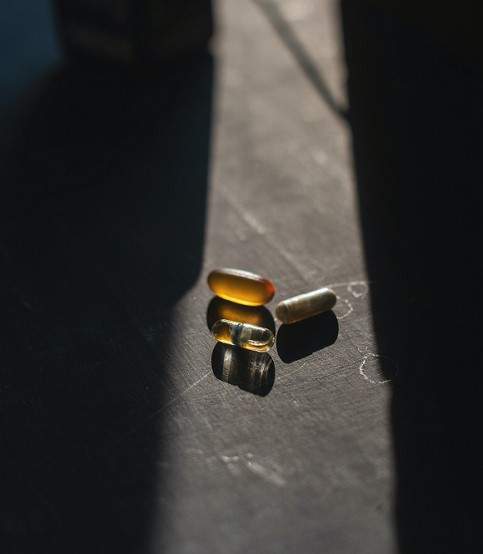
Lancet’s study shows some antiviral medications could curtail monkeypox symptoms. It can even shorten the contagion period of the viral disease. The study reports that two antiviral drugs had a positive effect on the treatment of a patient.
The Lancet Infectious Diseases Journal showcased the first instances where monkeypox virus transmission occurred outside Africa. The report published in the Business Standard also states patients’ response to tecovirimat and brincidofovir in the treatment of monkeypox.
Research reports that tecovirimat might have the potential to treat the disease but requires further investigation. There was little proof that indicated the effectiveness of brincidofovir in clinical treatments. However, the information from the research shows valuable insight into the disease to control its transmission.
Research shows valuable data
A study conducted between 2018 and 2021 in the UK on seven patients with monkeypox showed the effectiveness of some antiviral drugs. These drugs could shorten the contagion period in the patients and reduce the symptoms of the disease. However, the study also reported the presence of the deadly virus in the throat and blood samples collected from the patients.
Hugh Adler of Liverpool University Hospitals NHS Foundation Trust, UK, told Business Standard that public health officials are finding ways to understand the monkeypox outbreak that began in May 2022 in North America and Europe. The study offers some of the first insights into using antivirals to treat monkeypox in humans.
Hugh Adler, the lead author of the research paper, further states that the affected people had no contact with an infected person, nor did they have any travel history. In such a situation, the study could show the first insight into the use of antivirals in treating the monkeypox disease in humans.
Spread of the deadly virus
According to Business Standard, Nick Price, the study’s senior author, said that public health officials and healthcare workers should remain vigilant of new monkeypox cases as the world is resuming international travel to the pre-pandemic level.
The four out of seven monkeypox cases analyzed in the study were brought from West Africa. The remaining three cases occurred within the case clusters through human-to-human transmission. The study also showcases the first in-hospital and household transmission out of Africa.
Monkeypox and its cure
Monkeypox is a rare viral disease that is similar to the smallpox virus. The UK health Security Agency classified it as a High Consequence Infectious Disease (HCID). At present, there is little information about its contagion period. The incubation duration may vary from 5 to 21 days. As of the present, there are no proper treatments available for the deadly disease.
(Courtesy of Business Standard)
The patients in the research were treated with brincidofovir and tecovirimat. 4 out of the 7 patients treated with brincidofovir did not show the drug’s effect in their test results, although they made a full recovery. However, one patient treated with tecovirimat showed shortened symptoms and upper respiratory tract shedding.
The effectiveness of antiviral drugs on monkeypox patients is still unclear and requires further study. Nevertheless, the Lancet research provides valuable insight into the deadly disease and could help further understand the virus.







